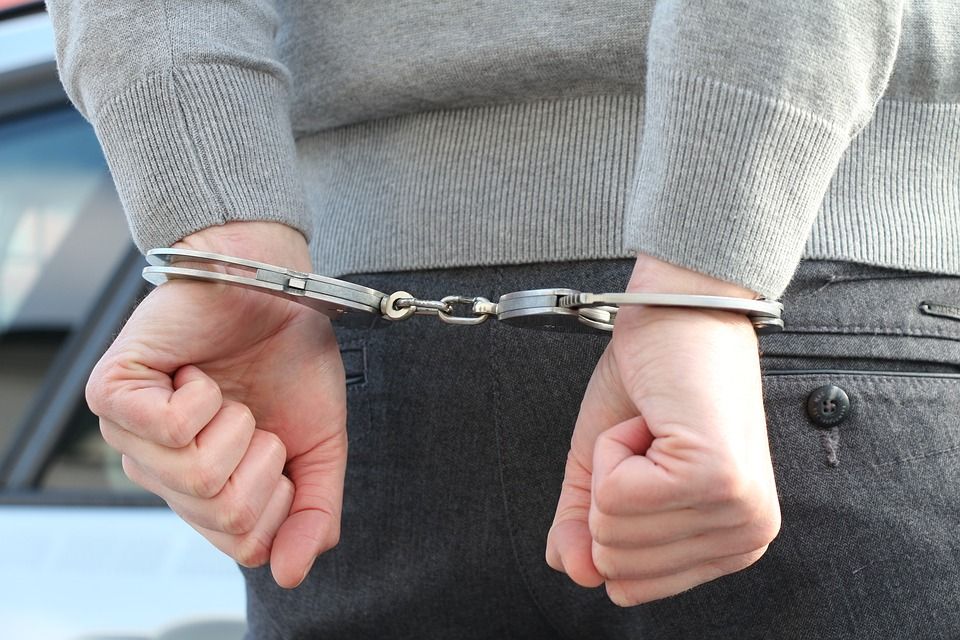NJ High Court Says Clear Act of Surrender Defeats Police Officer Immunity from Lawsuit

Recently in Baskin v. Martinez the New Jersey Supreme Court ruled that evidence of a clear act of surrender will defeat a police officers qualified immunity defense in a use of deadly force civil lawsuit.
The case involved an armed suspect who was shot by a Camden police officer after putting his hands up to surrender. The incident began when the Camden police pulled over the plaintiff for failing to engage his turn signal. After being boxed in by two police cars, the plaintiff hit one of the police cars while attempting to flee the scene. He then started to run through a residential area. During the chase he was observed with a handgun tucked in his waistband and later running with it in his hand. The chase ended with the plaintiff entering a walled-in residential backyard. He apparently tossed the gun and stopped fleeing. According to the plaintiff and an eyewitness, he placed his empty hands over his head and remained in that position until a detective shot him. According to the detective, after arriving in the backyard, he saw the plaintiff turn around with his right arm extended straight in front of him, pointing a black object. At that point, the detective shot the plaintiff in the abdomen. The police later found the handgun in the backyard along with two cell phones.
The plaintiff sued the detective arguing that the detective used excessive force during his arrest, violating his Fourth Amendment right to be free from unreasonable seizures. The detective argued that he was entitled to qualified immunity because his use of deadly force was objectively reasonable. The lower court agreed with the detective and dismissed the case, reasoning that, notwithstanding the position of the plaintiffs hands, the detective was reasonable in his actions. The New Jersey Supreme Court, however, disagreed finding that the reasonableness in using deadly force was dependent on whose version of events the jury believed. Ultimately it was for the jury to decide whether the detective acted reasonably.
In deciding the issue, the Court noted that even when an officer is initially justified in using deadly force, he cannot use such force when it is evident that the suspect no longer poses a threat. The Court stressed that it is the judicial systems role to decide a suspects guilt, not the police. Courts all over the country agree that shooting a suspect with his hands in the air in an act of surrender is a violation of his constitutional rights, regardless of the suspects? actions before surrendering. In this case, the Court agreed that the detective had a legitimate basis to be concerned for his safety. However, a police officer may not use the qualified immunity defense when the use of deadly force was not justified.
The case is now being sent back to the trial court so a jury can determine which version of events to believe. If the jury finds that the plaintiff was shot with his hands up, then the detective will not be protected by qualified immunity.
In a dissenting opinion, Supreme Court Justice Solomon argued that, based on the totality of circumstances, the detective should still be entitled to qualified immunity, even if a jury found that the plaintiffs hands were in the air. Justice Solomon pointed out that qualified immunity shields reasonable actions made in a split-second, unless those actions are plainly incompetent or knowingly in violation of the law.
Contact Powell & Roman if you require an attorney.
